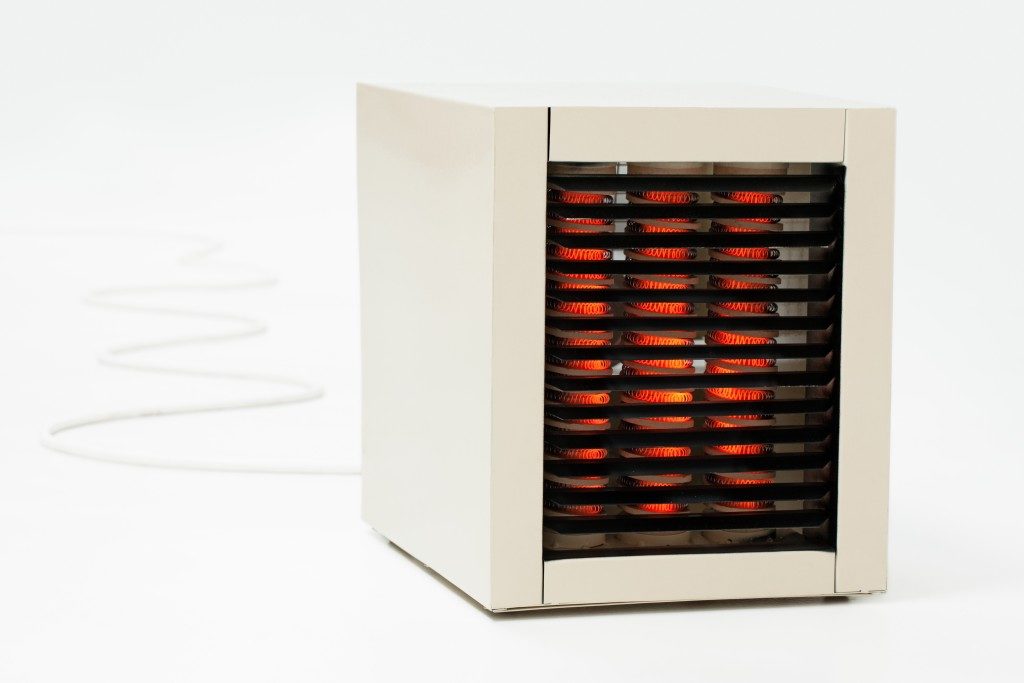In towns and cities where winter is forever, rooms are notorious for having frost on the doors and windows during winter. Heating systems are absolutely critical. A comfortable life isn’t complete without one, just as people in tropical countries require cooling for comfort. But, the introduction of heat into the house can have health ramifications if not controlled. It might be winter in your place, but you still need to get fresh air.
For a better understanding of why having a heating repair in Lehi, or elsewhere, is crucial for your health, consider the following effects.
Carbon Monoxide Issues
The heat exchanger in the heating system can be damaged in the absence of adequate maintenance. Remember that the exchanger contracts and expands every time the furnace is put to work. Eventually, cracks may form on the component and allow for the escape of carbon monoxide. The worst thing is that since the gas is odorless, you may never know about the presence of the dangerous substance. Some of the effects of carbon dioxide are chest pain, tiredness, nausea and dizziness. Others are confusion and short breath.
Blood Pressure Problems
Faulty home heating systems have been linked to elevated blood pressure. When the system changes from one temperature to another without warning, especially from hot to cold, it could affect the performance of the heart. Cardiologists claim that some people could even suffer from heart attack and angina.
Dehydration – Eyes Affected Too

A central heating system that is overly heating the rooms will affect the body over time. The mucus in the nostrils may dry up, resulting in an illness called sinusitis. Bleeding and pain in the area and cheeks may accompany. The eyes have a natural layer composed of oil, mucus and water. While the oil prevents the water from evaporating, too much heat can promote evaporation and harm the eyes.
You should tune up the system regularly, at worst once every two years. Keeping the system in good condition not only helps stay warm throughout winter but also prevents serious health problems. For the furnace, the air filter is an area of interest. If a filter has outlived its usefulness, it may no longer offer the associated benefits. Make sure you replace it with a quality one to ensure good airflow in the room. The frequency of changing the air filters is a factor of many things, including environmental conditions in your area and the presence of pets.
For carbon dioxide prone systems, the best remedy is to install a carbon monoxide alarm. While they are not any substitute to proper workmanship, they definitely work as an ideal backup in case leakage occurs. Hire someone who will adhere to the UL2034 standards that govern such installations. Issues such as the location of the alarm and audibility must be taken into account.
You can safeguard your health and increase energy savings by having your heating system checked by a certified technician regularly. Such checks can also unearth issues when they are still minor, thus minimizing repair costs.


